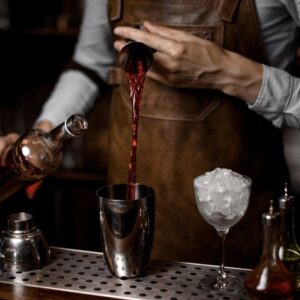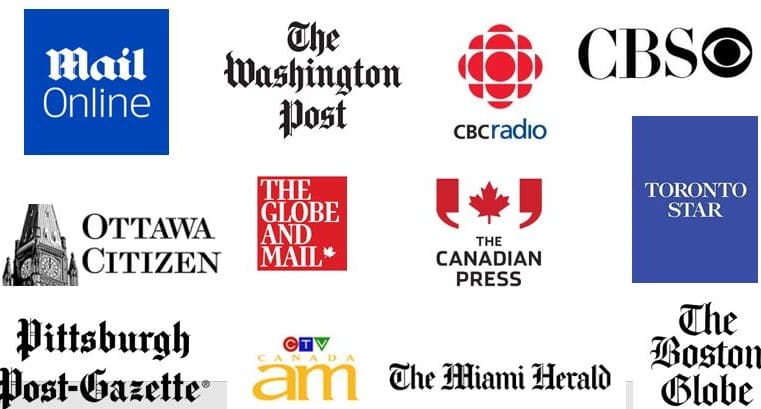f Casino culture has made the practice of giving free drinks to gamblers an accepted norm so that visitors still expect it. The casino tradition of providing free drinks to slot machine players has become a worldwide symbol which you can find at Las Vegas casinos alongside others worldwide. The practice of providing drinks to casino customers evolved over a period of time. The development of casino hospitality emerged from decades of mind research coupled with business tricks and societal changes affecting the gambling business.
Casino culture has made the practice of giving free drinks to gamblers an accepted norm so that visitors still expect it. The casino tradition of providing free drinks to slot machine players has become a worldwide symbol which you can find at Las Vegas casinos alongside others worldwide. The practice of providing drinks to casino customers evolved over a period of time. The development of casino hospitality emerged from decades of mind research coupled with business tricks and societal changes affecting the gambling business.
The Origins of Casino Hospitality
The operators of Las Vegas casinos who were active in the 1940s and 1950s discovered that comfortable and well-served clients remained at their games longer while spending more money. The initial refreshments served as a starting point in Nevada gambling before competitive forces compelled operators to upgrade their services.
Betty Binion along with other casino pioneers managed to understand loyalty development through generosity which led them to adopt future industry normal hospitality rules. The colorful slot games like rainbow riches received special attention from casino operators who found that comfortable players spent more time using these engaging machines.
Direct observations confirmed why casinos provide free drinks exclusively to slot machine players instead of forming a theoretical basis. Slot machines feature separate gameplay because players spend time alone while playing rather than discussing with table game dealers and fellow participants. The solitary nature of the slot machines enabled players to extend their play sessions without much awareness of the passing time when staff provided service without forcing them to physically leave their machines.
The Business Economics of “Free” Drinks
The provision of complimentary alcoholic drinks appears to be kind-hearted yet follows a well-planned business approach. The business revenue generated from extended gameplay exceeds the minimal expenses associated with free beverages including premium alcohol. A single slot machine produces between $100 and $400 in revenue each hour while making $5 to $10 drinks a modest business expenditure.
The direct provision of drinks cuts down the time spent outside machines thus deterring distractions that might interfere with slot machine time. The evidence shows players maintain gambling sessions for a further 37% when they receive free beverages at casinos. Under proper alcohol consumption conditions the relaxing nature of alcohol induces people to adopt a more nonchalant perspective about risk and spending patterns which advantages the casino financially.
The Psychological Framework
Through extensive development of behavioral psychology principles the casino industry has perfected the practice of offering free drinks. According to psychologists the human response of reciprocity means people want to pay back what they have received. People feel an intangible duty to remain gambling when casinos provide complimentary attractions because they received those items without cost.
The periodic manner of drink distribution allows casinos to use intermittent reinforcement which stands as one of the most effective behavioral triggers. Table games provide immediate win-loss results to players but slot machines generate longer periods during which they experience no payouts. Between machine activates a cocktail delivery brings a positive reward that helps players stay focused on the gameplay session.
This service helps develop an enchanting casino ambiance that distorts time perception and establishes an exclusive area where guests can be cut off from their normal routines.
Cultural Evolution and Modern Adaptations
The complimentary drink model evolved with the expansion of gambling into Atlantic City and tribal casinos together with international gambling locations while showing regional deviations during this expansion. European casinos provided their customers with fewer complimentary benefits but prioritized high-class ambiance and limited accessibility. The gambling centers throughout Asia specifically Macau shifted from alcoholic drinks to tea service to accommodate their local customer base.
Digital changes in gambling operations have made these traditional practices harder to maintain. Online casinos cannot provide drinks to players so they use reward programs with electronic bonuses as digital replacements for physical complimentary drinks.
The actual casinos have adjusted their service techniques during this period. Cocktail service policies implemented through advanced tracking systems in casinos provide high-stakes players with premium beverages and server casual gamblers house brands.
In Closing
The free cocktail tradition available at slot machines displays remarkable integration between hospitality services and business approach that plays out through psychological human behavior. The initial modest gesture of hospitality has become an advanced system which provides excellent service to players while generating financial value for casinos.
The core gambling practice will evolve through new expressions to produce gaming areas where participants feel valued while becoming comfortable enough to stay and play. Casinos demonstrate their financial success through the basic complimentary cocktail because it represents an optimal blend between recipient rewards and business profits.

